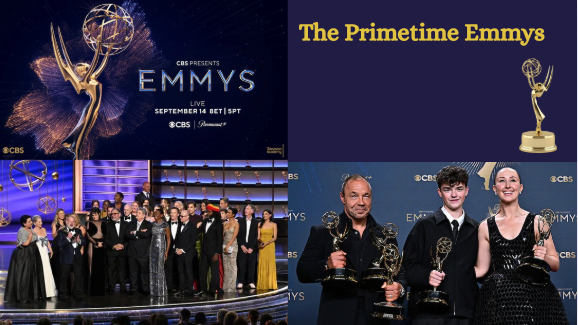POC: How can Niles North do better?

Niles North is not immune to racism. Part of the solution is to make space for people of color to share their experiences and advice for non-POC. Recently, student organizations have hosted discussions about this important topic and staff members have been updating their curriculum to be more anti-racist. To complement these essential discussions and actions, North Star News also wants to give POC space to advise Niles North about how our community can do better to make positive changes towards achieving racial equity in our school. If you identify as a person of color, please fill out this form. Thank you.
Here is what people of color offered to the Niles North community:
Hire more POC in leadership positions. Take what POC express seriously, not when white people suddenly feel it is an important topic or when it has become politically acceptable to voice those opinions. Many of the issues that are coming to light have been issues POC have been expressing for years and years and their concerns are dismissed, they are viewed as troublemakers or having an agenda, they are told that their concerns are misplaced and not true, or they are just ignored. This isn’t always the case, but it seems to be more so when POC are trying to get to the meat of the matter, to reevaluate ourselves at the institutional level.
– Samina Hussain (South Asian, Faculty/Staff)
I think that it is important to always remember that racism and bigotry stems from ignorance, and the only cure to ignorance is to become educated, to listen and then learn. Another thing to remember is that communities are not a monolith. Some black people even think that racism does not exist, and that is normal because not all black people think the same way. If you are not apart of the black community, the first thing that you can do is just listen and educate yourself because it’s no longer enough to not be a bigot, but you have to be an enemy to bigotry.
– Chiku Elue (Black, Sophomore)
Listen to Black and NBPOC stories and accept them as truths. To use your privilege and power to push the conversation towards meaningful action to create positive change for us all. Once 219 is a place that is safe (physically, mentally, and emotionally) for Black and NBPOC, then we can say it is a place for all, a place that actually “welcomes everyone”, as this community likes to claim. But this ask and work is not exclusive to white people. NBPOC must also identify and interrogate characteristics and aspects of whiteness that they live in and uphold. Specifically, I am asking the predominately white staff to do their part, take initiative, and not rely on Black and NBPOC to “educate” them. I am asking the administration to be courageous, to stand in the face of opposition in the community for what is right, just, and equitable. I am asking the school board to consider the experiences of Black and NBPOC students AND staff when voting on policy.
– Gary Chu (Asian, specifically East Asian, Faculty/Staff)
All we want from our white allies is support and listening. Try to understand us and see us as we see you. The only thing that separates us is our color. Fix your white spots and don’t be afraid to call out ours. Be safe.
– Malory Frouin (I racially identify as black. Mixed with black and white and ethnically Caribbean, Freshman)








Ms. Fey • Oct 28, 2020 at 6:48 pm
Thank you, students and colleagues, for this excellent piece! We white people have a lot of work to do. I really appreciate these words; they are making me think.